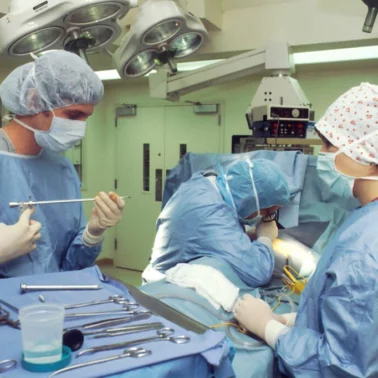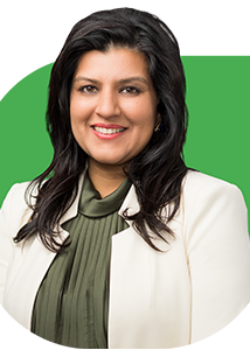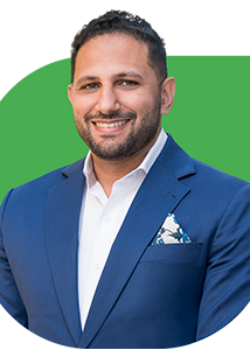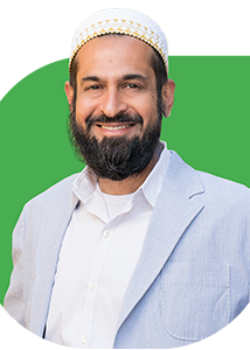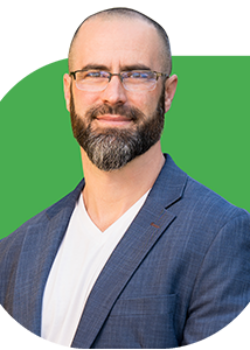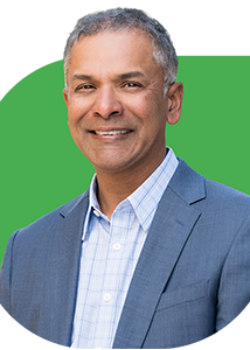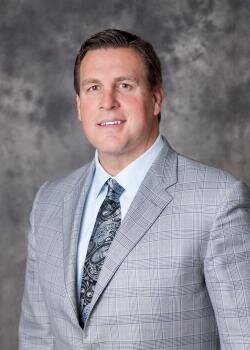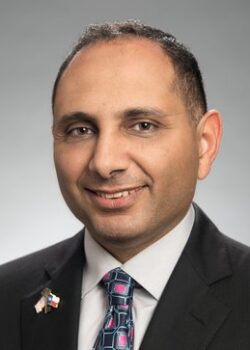The Safer Way to Facilitate Post-Surgery Opioids: A Conversation with Dr. Barrett Larson
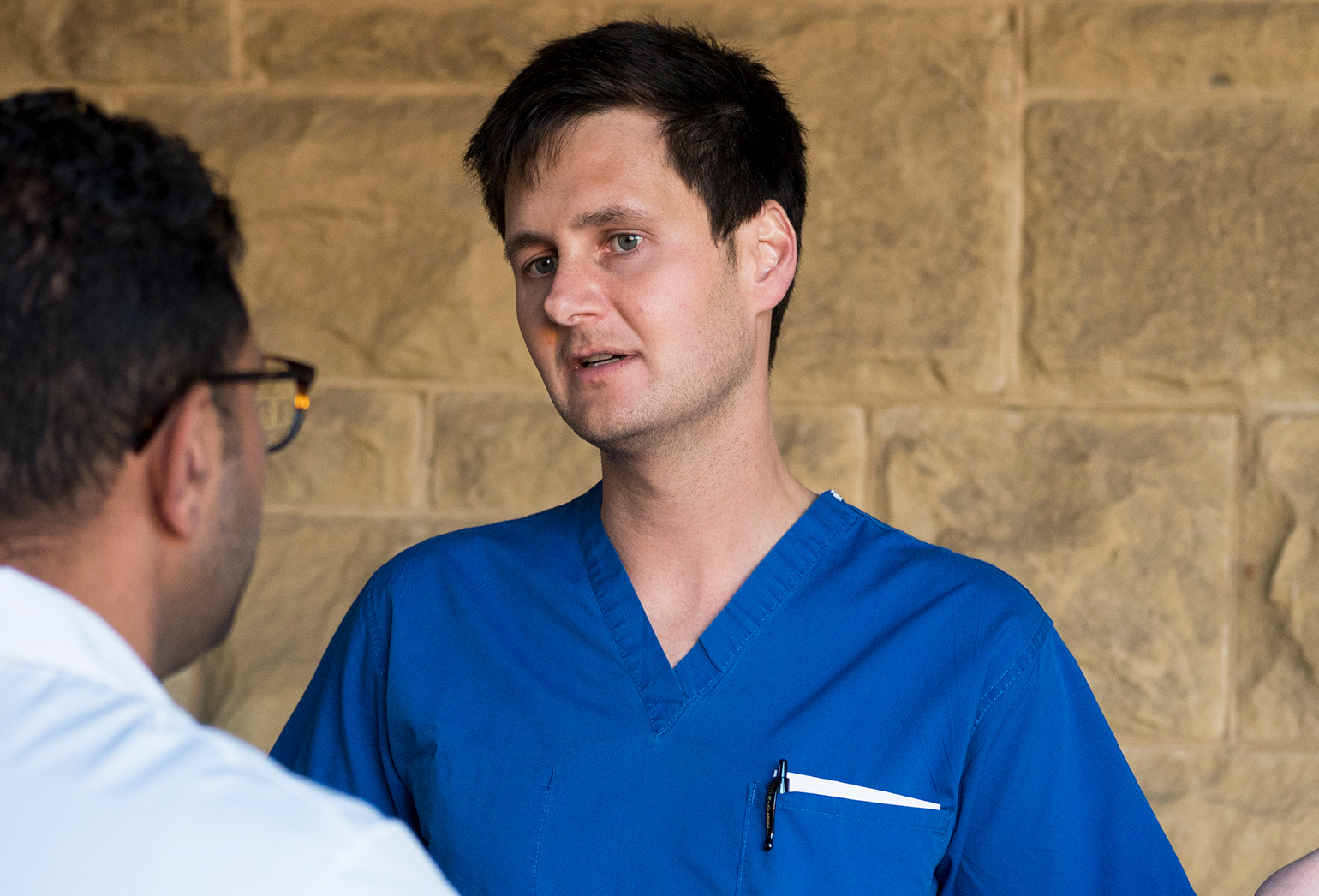
Surgery is a major risk factor for developing a dependence on opioids, says Dr. Barrett Larson, MD. A board-certified anesthesiologist with a focus on medical technology, Dr. Larson was struck by the degree to which surgical patients are driving the opioid epidemic. “I was shocked to discover that surgery was such a big culprit,” he says. “Post-operatively, patients are becoming dependent on opioids at an alarming rate.”
The Danger Zone
Too many patients are developing a dependence on opioids after surgery. A one- or two-week course of pain medication can quickly turn into a couple of months, which can turn into a chronic dependence. “When used appropriately, opioids can be an effective way to control post-operative pain,” Dr. Larson says. “However, it’s a double-edged sword. These medications can potentially be very dangerous if they’re used without proper education, support, and coaching.”
“I was shocked to discover that surgery was such a big culprit.”
Pain Management with an Exit Plan
While some surgical patients are becoming dependent on opioids postoperatively, others are suffering from inadequately-treated pain because there’s a reluctance towards prescribing opioids. “It’s important to consider both the risks and benefits of prescribing opioids after surgery,” Dr. Larson says. “Lucid Lane’s role is to help mitigate the risks associated with postoperative opioid use. “We do this by coaching, educating, and supporting the patient to ensure that they use their prescribed medications safely and effectively.”
Removing the Stigma
Without proper support, anybody can develop a dependence on opioids. “Many patients don’t know about the risk of medication dependence,” Dr. Larson explains. “But medication dependence can happen to anyone. It can be your brother, your sister, a parent, or even yourself. Everyone is at risk. For this reason, we need to make sure that these medications are administered in a safe way with the proper coaching, education, and support.”
Learn More
Get in touch with us.
Contact us at [email protected]





